#pathfinder lore
Explore tagged Tumblr posts
Text
Abadar is more of a social Democrat than a capitalist.
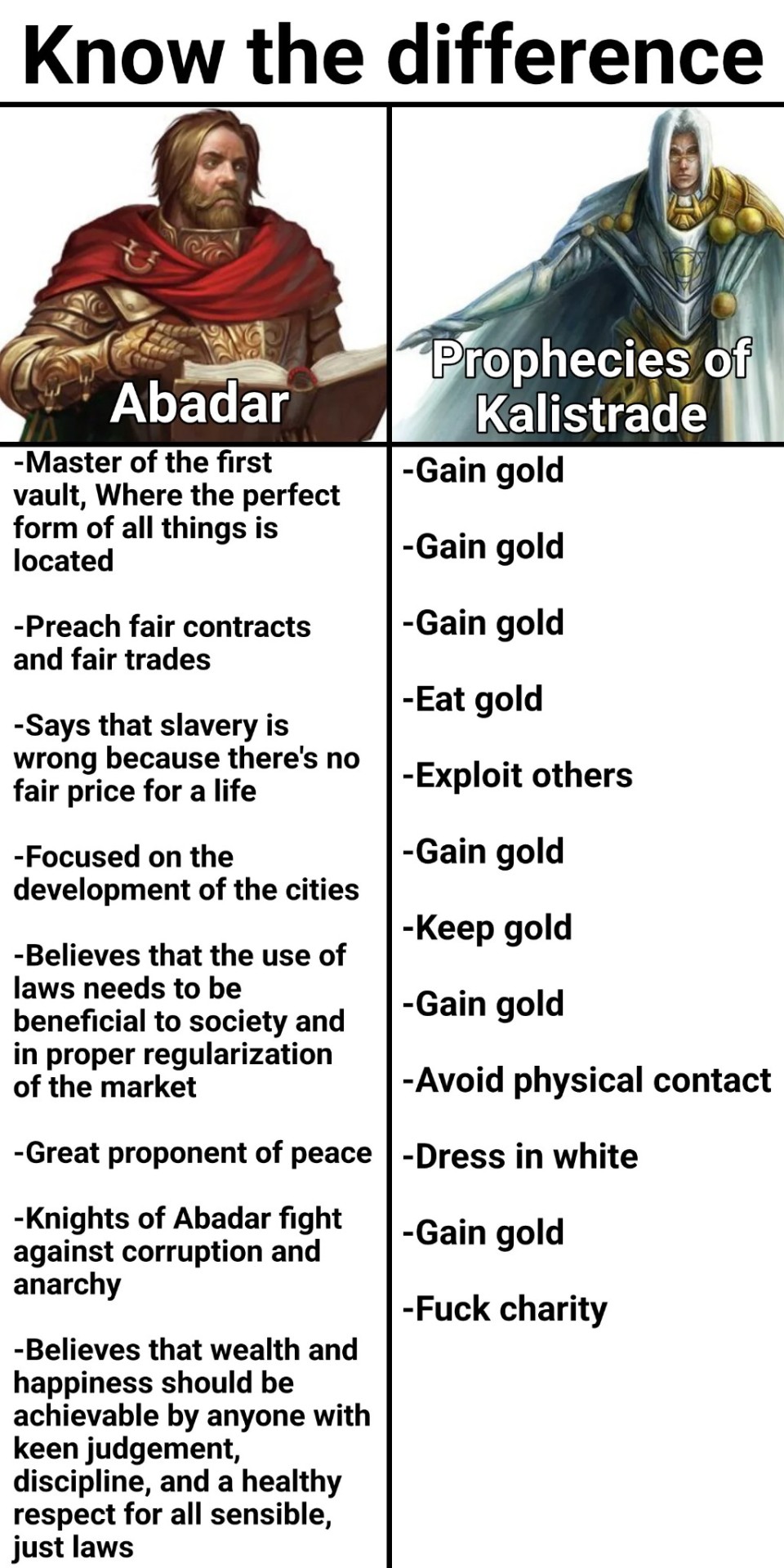
#gaming#ttrpg#pathfinder second edition#pathfinder#pf2e#pantheons#gods#pathfinder lore#pathfinder memes
123 notes
·
View notes
Text

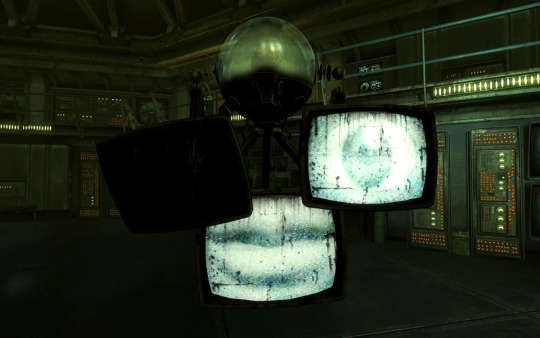
Is it too niche if I say these two are so similar and I can’t stop thinking about them?
#why oh why must I be so obsessed with a niche pathfinder npc#ulistul has my heart idc#fallout#fallout new vegas#fnv#old world blues#think tank#dr mobius#pathfinder#pathfinder lore#ulistul#my girl has never even been tagged before#I can rant about the Jistka Imperium for HOURS
12 notes
·
View notes
Text
Silly Arazni headcanon
Since Arazni is yet to get her own divine realm, I like to imagine her crashing on Calistria’s couch
And Calistria be like, “Guuuuurl, we ARE going to plan terrible vengeance on your enemies, but we should get it WHILE getting our nails done (by the way, you need it). With cucumbers on eyes. Now, what kind of wine do you want to drink as you watch them burn?”
#pathfinder#arazni#calistria#Pathfinder lore#Arazni deserves a spa day#She needs a break#Calistria is a professional enabler
17 notes
·
View notes
Text
Not overly familiar with Pathfinder lore but one thing I do know is that Golarion - the world where pathfinder: kingdom and pathfinder: wotr take place - is a prison for this God, who if ever escapes, would start an apocalypse.
AND I LOVE CRAZY LORE LIKE THAT ONE!!!
#it's kiinda amazing thinking how this entire world is just a cage to keep this one god locked away#how do you live?? knowing that your entire world is there to keep the apocalypse in prison!!#ii need to dig deeper in the lore#pahfinder#pathfinder lore#.rambling
6 notes
·
View notes
Text
Best Bosses: The Mistress of Midnight Teeth.
Source: Tome of Beasts 2
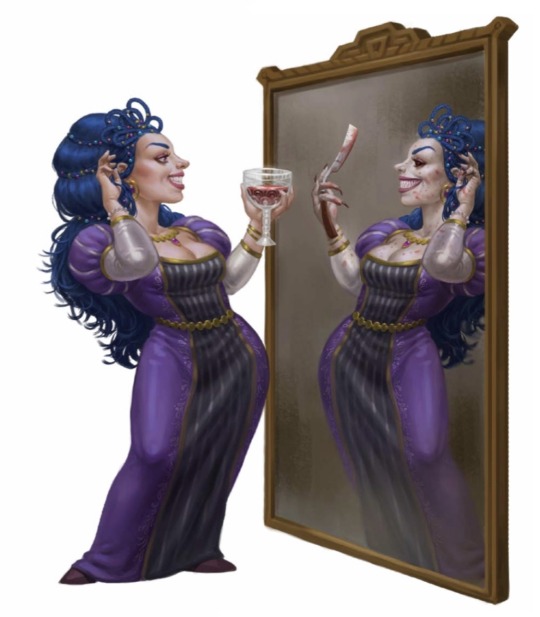
Image Source: Tome of Beasts 2, pg. 147.
“The elegant gnomish noblewoman smiles, flashing dazzling white teeth in contrast to her rich blue hair, and moves with fluid grace past a mirror. As she passes the mirror, her reflection briefly shows old blood caked on her face.”
Phylomara Gladrienne, mistress of the Court of Midnight Teeth, is one of the most influential of the shadow archfey. She appears as a refined gnome, bedecked in fashions such as fine silk and jewels that always compliment her inky blue hair. She loves styling her hair very elaborately, and insists on never appearing with the same style twice.
Mistress of The Blue Barbers. The Mistress’ gnome courtiers in her home also serve her as agents abroad. Known as the Blue Barbers, they are defined by their blue hair and desire to bring style into the lives of all they meet. They are polite and social, offering services as decorators, artists, information brokers, and stylists of all varieties.
Hungry for secrets. The main reason Blue Barbers are so gregarious is due to their Mistress’ endless hunger for secrets. She is desperate for gossip and interesting facts, and ever-eager to learn information regarding unique and interesting individuals. She is particularly stealthy, using her knowledge of darkness and manipulation of shadows to manipulate people from behind the scenes of her decadent parties.
Ravenous for Flesh. Beneath the Mistress’ facade of style and politeness, her darker side reveals itself in too-sharp teeth and strange reflection. She is always hungry, and her court constantly works to bring her fresh meat to devour. Any and all who cross the Mistress of Midnight Teeth discover that her hunger is something formidable, endless, and evil.
Knowledgeable Hostess. The parties and banquets the Mistress throws are well-renowned for their decadence, with Fey and other beings flocking to her dappled gardens to partake in strange games of intrigue and gossip. Those looking to earn the Mistress’ favour would do well to attend such a party and engage with her court, for she is very knowledgeable about a wide variety of topics. Those seeking her wisdom must be prepared to trade their own secrets in return, or at least a bit of flesh.
The Mistress’s Lair:
The Mistress makes her home in the Court of Midnight Teeth, a massive marble and silver mansion in the Plane of Shadow. Gilded mirrors hang on every wall to reflect the stylish Blue Barbers wandering about, each attended to by hosts of goblin house servants.
Within her home, the Mistress is all but immune to damage, as she can shunt injuries off to her reflections in the surrounding mirrors. As she stalks her halls, she often stops to consult her imperfect replicas in every mirror— her reflections are monstrous and often covered in bruises or cuts, revealing the Mistress’ darker personality within.
In addition to using her reflections defensively, the Mistress has other uses for her glittering copies. Her Reflections appear in every reflective surface near her, including puddles or metal, which she can cause to reach out to attack nearby creatures. She can also step into any reflective surface, walking through them similarly to portals to appear somewhere else.
Along with manipulating her reflections, the Mistress also has control over the darkness in her realm, and is capable of casting the area into a sphere of gloom in order to make it more difficult to navigate her halls.
While within her home, beings experience strange effects. Humanoids wake up every day intensely hungry, experiencing unknown cravings that cannot be satiated unless at the Mistress’ dining table. Reflections within three miles of Her lair move of their own accord when unobserved.
The Mistress may scry the location of any being in her home by casting her sight through a mirror, and can extend this ability to any mirror near one of her Blue Barber servants, quite literally giving her eyes and ears across the multiverse.
Ideas for using the Mistress of Midnight Teeth in your campaign:
A charismatic, blue-haired gnome appears to the party, offering them an invitation to one of their Mistress’ exquisite banquets. After they arrive and enjoy Her hospitality, the Mistress informs them they may not leave until sharing a few secrets with her. If they don’t, she is perfectly happy bringing them to her next party… as the main course!
The party needs information, be it a secret regarding an enemy or the location of an ancient treasure. They must meet with the Mistress of Midnight Teeth in order to get the information out of her, and must sneak past her small army of Blue Butlers who are constantly on the lookout for those without an invitation.
Another Archfey is looking to get back at the Mistress for exposing one of their secrets, and has enlisted the party to aid them. They must go to her annual birthday banquet and steal the main course, replacing it with something vile covered by an illusion. When the party gets there, they discover the main course isn’t what they expected— it is a group of humans, who they now are responsible for getting out safely.
I believe the Mistress and I, were it not for her garish appetites, would get along swimmingly. We both have quite the desire for knowledge, and I’d love to wrack her brain for secrets regarding some hard-to-reach lore.
Of course, I don’t believe the price I’d have to pay to access that knowledge would be quite worth it.
As fun as her events are, and as useful as she is, the Mistress only ever looks out for her own needs, and only ever wants two things: Fresh gossip and fresh meat.
- A Weird Warlock.
#wowieweirdwarlock#pathfinder#ttrpg#d&d#dnd#d&d monster#pathfinder lore#www: best bosses#Mistress of Midnight Teeth#Archfey#Fey#Lore#worldbuilding
13 notes
·
View notes
Text
Do you think Quinn and Aric ever explored each other's bodies?
0 notes
Text
I'm making a Pathfinder au for some OCs of mine and I really need to be silly about them so :33333 ramblings time:333333
This writing really sucks bc I'm basically just putting ideas I Just Had. I apologize so so much for this.


^ them ^
_____
In this version, Miranda is a champion to Jin Li / the Golden Carp, and has an strained relationship with her family due to not being a follower of the Nagaji's creator. She wanders earth and sea in part because of this, and in part to prove her worth to her community, although she won't admit neither of these.
Alexis, meanwhile, comes from a different background; She was born and killed in slavery, only to be reborn via circumstances outside of her control. Although she remains confused and overwhelmed due to her past, she has lived and felt and experienced wonderful things since her return, and is slowly coming to terms with herself.
_____
I honestly have zero idea about how they met in this au, but I do know that they travel together as adventurers. Miranda has been an adventurer for longer than Alexis has, and probably introduced her to this too. This is all I have for now lol, I'll probably make more lore
#pathfinder au#Pathfinder#oc au#original character#salamidog speaks#kitsune pathfinder#nagaji#pathfinder lore#salamidog speaks : Pathfinder#salamidog speaks : oc shit
0 notes
Text
I'm sorry- hold up
HE'S ALIVE?!?!? THEE TYPHON HIMSELF????
HOW THE FU-???
It's a little ironic that Spore Wars, a book all about the siege on Tanglebriar and the eventual confrontation against Treerazer, also gives us the stats for our third ever Infernal Duke.
Major book 3 spoilers below. Do not look if you have any interest in playing in Spore Wars.
Except he's not really a Duke, is he? But what else could you call someone who's fallen so far from the ranks of Archdevil?
Ol' Typhon should be happy he even retains this much power, enough to still keep him among the ranks of the demigods. It could have been so much worse for him.
#pathfinder#pathfinder lore#pathfinder ap spoilers#Spore War Spoilers#A Voice in the Blight spoilers#note: Op I'm saying everything here with genuine positivity-
13 notes
·
View notes
Text

Would you fall in love.. with me again..?
#i am NOT okay btw#theyre so would you fall inlove with me coded i hate them/aff#i realised the hourglass fit better for his lore#afk merlin#afk hogan#afkj oc#afkj merlin#afk journey#art#Magister pathfinder
98 notes
·
View notes
Photo
That actually brings up an important point about Pathfinder lore
*Major spoilers for Tristian's questline*
Tristian was once an angel. To quote the 1st edition bestiary, page 9:
All angels are blessed with extraordinary beauty, though their actual appearances vary widely. Their natural shapechanging ability means they may appear to mortals as male or female, depending on their personal preference or the will of their deity. As they are spiritual creatures given a physical form rather than creatures of flesh born of other creatures, their gender is mutable; some angels always use a male form, some strictly a female one, and others use either or both, or prefer an androgynous or sexless shape
As a consequence, angels (and by extension Tristian) clearly have something of a looser relationship with gender than mortals (I mean, they share a plane with Arshea, the empyreal lord of being trans). In all likelihood, Tristian spent the first year or two after his creation trying out different shapes, names, and pronouns before finally settling on something he liked. They/them pronouns were quite possibly the first he used, when he was fresh off of Sarenrae's palm. Does he still like them? It's never mentioned, so use whatever answer you like.
... Does it count as being trans if your biology is entirely mutable soulstuff?

I stole Emi’s headcanon for Tristian and I’m never letting it go.
29 notes
·
View notes
Text
Bothering my DM at 2AM solely so I can have disadvantage on half my rolls because my character has ptsd
#“don’t you want to get better rolls?#NO#HES TRAUMATIZED#AND HE WILL ACT LIKE IT#freezing up whenever anyone mentions Cheliax#or the Jistka Imperium#or whenever anyone questions who his mysterious friend is#spoiler alert#it’s Ulistul#and he can’t tell anyone#also spoiler alert#a party member is obsessed with automatons#and wants to learn about the Jistka Imperium#are they gonna fight?#or are they gonna kiss?#we’ll see in 2-3 years#pathfinder#pf2e#pathfinder lore#ttrpg#dnd
2 notes
·
View notes
Text

Relaxing commission for anamaiac! Thank u so much <3
#artists on tumblr#original character#lore#commissions#pathfinder wotr#pathfinder wrath of the righteous#wotr commander#wotr#woljif jefto#pathfinder woljif#pathfinder lann
43 notes
·
View notes
Text
Radical Races: Dhampirs.
Source: Advanced Race Guide & Blood of the Night.
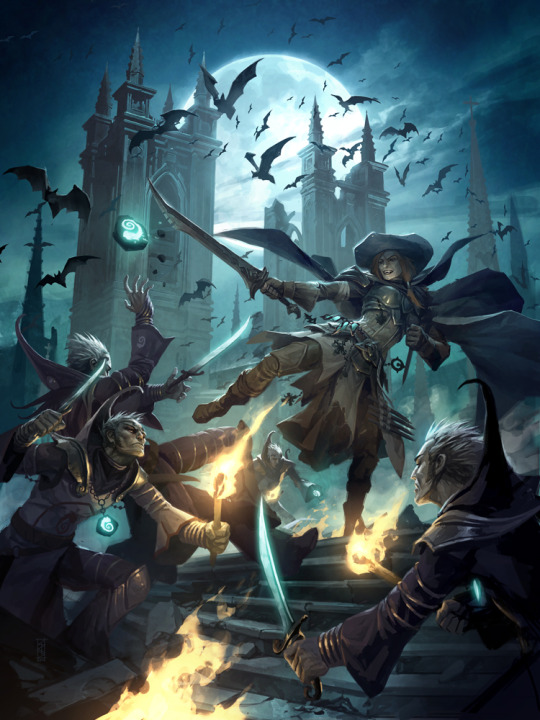
Image source
“The half-living children of vampires birthed by human females, dhampirs are progenies of both horror and tragedy. The circumstances of a dhampir’s conception are often called into question but scarcely understood, as few mortal mothers survive the childbirth.”
Many different schools of thought argue on the origin of Dhampirs, but all agree they are born of suffering. One possibility is that they are the natural spawn of vampires coupling with humans, and another is that they form when a pregnant mortal is bitten by a vampire. Some zealous scholars even claim that they aren’t their own race at all, merely mortals suffering under a vampiric curse.
Dark Children. Dhampirs enter the world embraced by pain and rejection. Despite their natural vampiric charm, many of them face prejudice and mistrust due to their heritage. Humans who witness a Dhampir child’s supernatural abilities or strange cravings could have an array of negative reactions, further cementing the stereotypes regarding Dhampirs. Because of this, Dhampirs keep few companions, and even with the few they choose to be close to they can be sullen and dark; They fear that their dark natures willl push their companions away, or that their bloodlust will eventually consume them.
Human Passing. Dhampirs tend to take after their mortal parent in terms of appearance. They are often slender, muscular, and statuesque, with unearthly beauty. Their eye, hair, and skin colors appear as unnerving versions of the human parent’s, with many having sallow skin and sunken-in features. Many Dhampirs can pass as human at first glance, but any further attention reveals their strange appearances and fluid grace. Their canines tend to be exaggerated, reflecting their urges to consume blood, despite the substance providing no physical value.
Evil in The Blood. Most Dhampirs have no true culture to call their own, with very few coming together and forming cabals to watch out for eachother. They usually consist of outcasts and exiles, gathering the philosophies and beliefs of societies that reject them. Most Dhampirs tend towards evil, listening to the corruptive power in their blood. They are unnatural beings, and most races view them as scions of evil. A very rare minority of Dhampirs turn against their dark heritage, and turn to lives as vampire hunters. Some do this to track down their vampiric parent, or to simply purge the evil of vampirism from both themselves and the world.
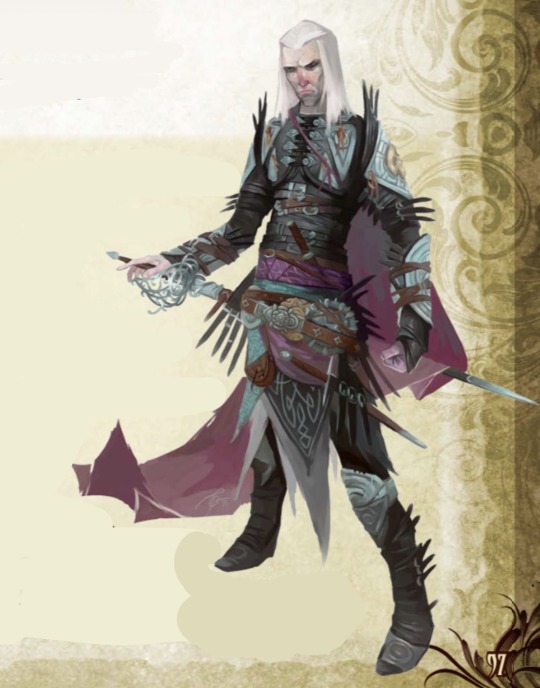
Image Source: Advanced Race Guide, pg. 97.
Vampiric Traits. Dhampirs inherit some, but not all, of their parent’s vampiric gifts. Some traits are common among the Dhampir race, such as light sensitivity, spell-like abilities, and an affinity for negative energy. Occasionally, a unique Dhampir is born with an unusual vampiric trait, such as being able to walk during the day or communicating with beasts of the night. These unique traits often correlate to the conditions of the Dhampir’s birth, as the state of the mortal parent during conception can change the nature of the Dhampir child.
Breeds of Dhampir:
Just as there are multiple clans and bloodlines of vampires, there are different breeds of Dhampir. Each Dhampir inherits some of their vampire parent’s dark legacy, with different vampires spawning different kinds of Dhampir. The four most common Dhampir are:
Svetocher are the spawn of the elegant Moroi, the most common breed of vampires, who value charm and seduction in their hunting. Svetochers tend to have an easier time interacting with mortals than other Dhampirs, due to their unnatural charm and beauty. Since Moroi often choose to interact with royalty, most Svetochers are born into nobility, raised in the shadows of high society. This equips them with the skills necesary to avoid discovery, as many Svetochers excel in deception and intrigue.
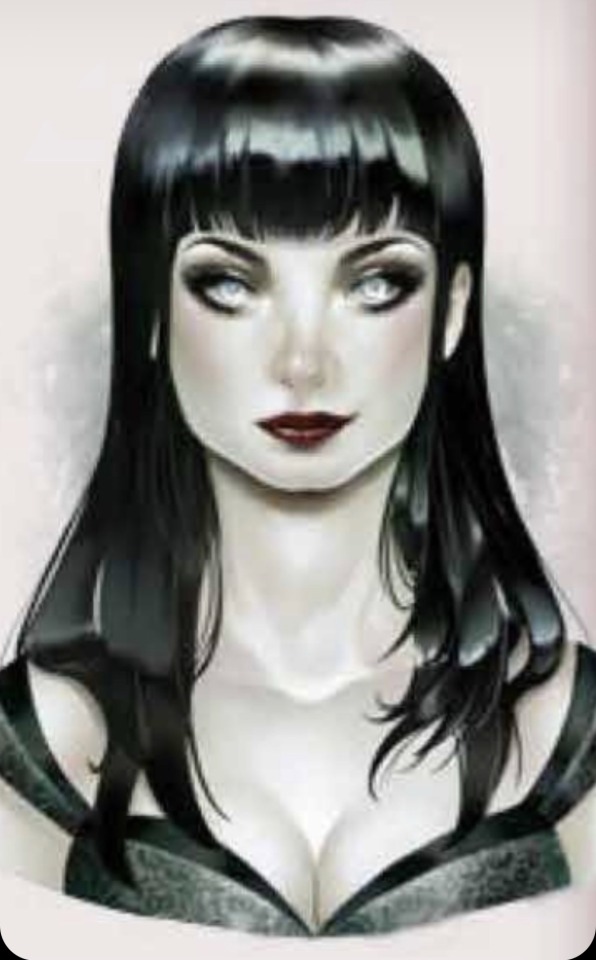
Ru-Shi are born from Jiang-Shi, incredibly old vampires bound up in traditions and superstition. They are usually the result of a ritual or magical affect, as few beings would couple with the corpselike Jiang-Shi. They are born with a wasting curse that putrefies them from within, making them graceless and unsettling, with gray skin and unnaturally light eyes. They are often scientifically or linguistically gifted, and prone to strange obsessions and interests.
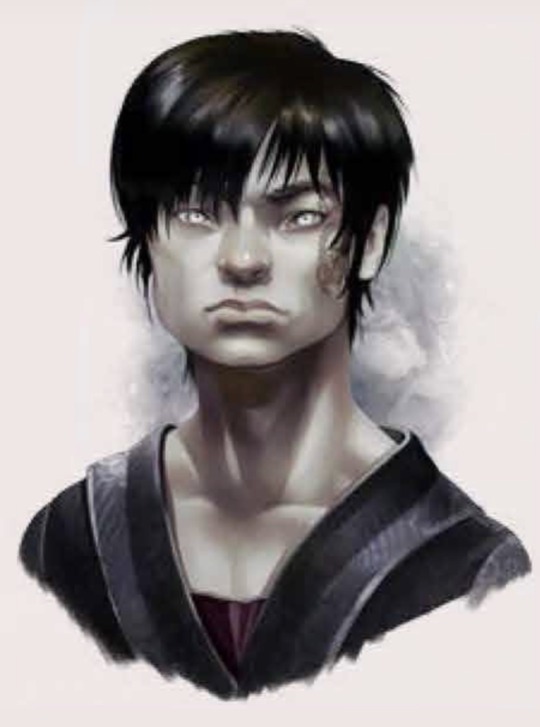
Ancient-Born are Dhampirs hailing from the Nosferatu, by far the oldest among vampirekind. From birth they are misshapen, with sallow, and tend to hate humanity for the rejection they inevitably face. They often possess their forebear’s eerie powers or arcane gifts, but they lack the immortality that offsets the Nosferatu’s horrific appearance. Due to this, age wears terribly on the appearance of an Ancient-Born.
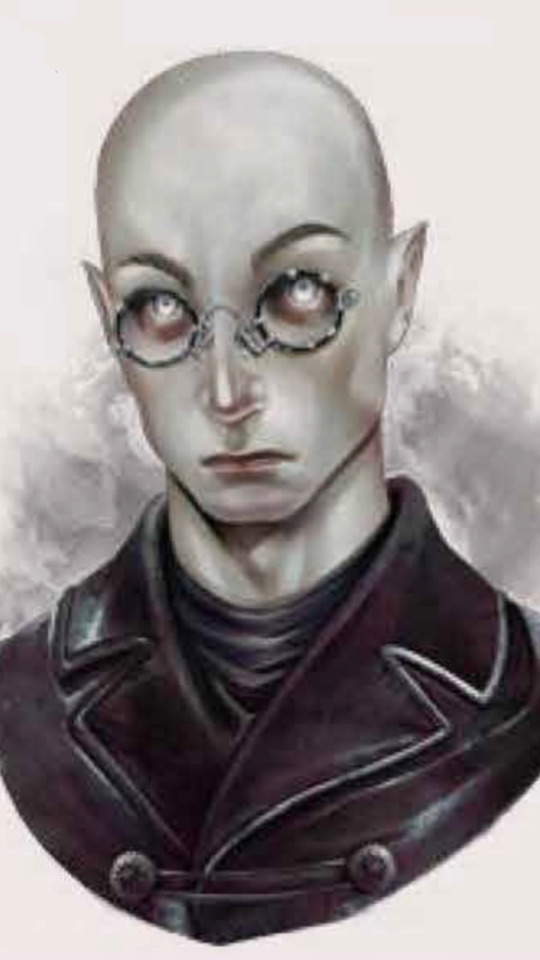
The unique Vetala vampires, with their childlike demeanors and ability to claim the minds of mortals, spawn the strange Dhampirs known as Ahibachana. These Dhampirs are often the result of curiosity or experimentation rather than genuine romance, and are possessed of sharp minds. Just like their progenitors, they possess a thirst for knowledge that pushes them to succeed at everything they attempt. Ahibachana tend to master skills very quickly, and often develop Vetala-like psychic abilities.
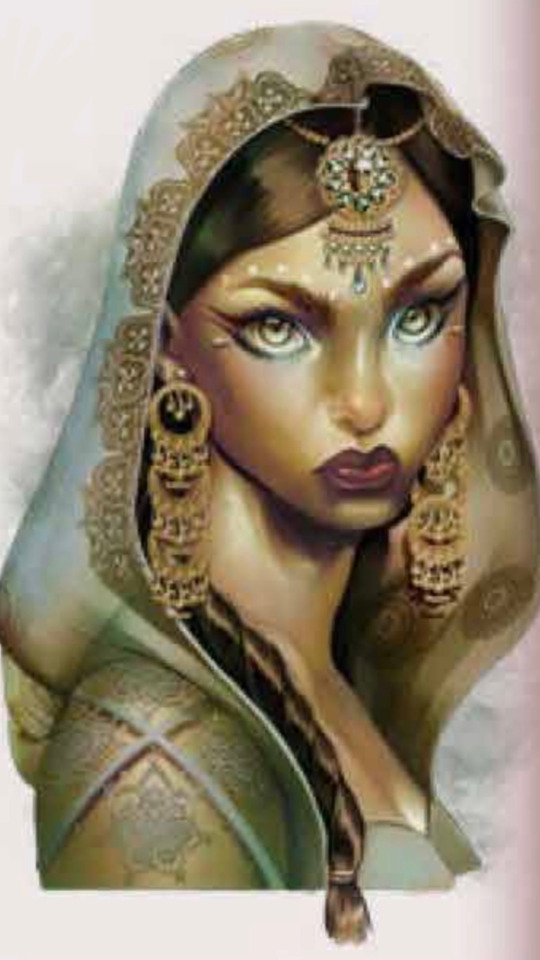
Ideas for using Dhampirs in your campaign:
An insane vampire has been going across the area, targeting pregnant women to feed off of. He is aiming to create a brood of Dhampirs to serve him, so as to have thralls that can survive in sunlight and will inherit some of his vampiric power.
A Svetocher has been manipulating a noble court, paving the way for her Moroi father to come in and take power. The party is hired by a Lord of the court to investigate her and expose the coup.
A Ru-Shi has developed an obsession with a member of the party, and is constantly seeking to hunt them down and taste their blood.
Dhampirs are a unique race, having been born from two worlds but being completely unable to thrive perfectly in either.
Other “bastard” races, such as half-elves or half-orcs, can navigate in the worlds of their parents with a little bit of effort, but Dhampirs are unequipped to choose one over the other.
Their sensitivities and strange cravings make them nocturnal predators among mortals, yet their mortality and empathy marks them as lesser than their vampiric creators.
Some Dhampir philosophers claim that this means they are meant for something different from either parent. These strange scholars speak of a possible society of Dhampirs, where they aren’t viewed as half-breeds or bastards but a powerful and unique race.
Until this vision is realized, most Dhampirs will simply be seen as cursed by mortals and mistakes by vampires.
- A Weird Warlock.
5 notes
·
View notes
Text
i think its really funny when the commander in pathfinder wotr ends a line of questioning with "everything is clear." especially when its after a ridiculous conversation. i feel like this every time

#21 year old kitsune woman found faking it til she makes it#pathfinder wotr#this is also about me getting bludgeoned over the head by lore as is status quo with fantasy rpgs but thats ok
21 notes
·
View notes
Text
APEX LORE NEWS 5/4/25
ONLINE MATERIAL
Respawn released a slightly different form of the fanmail lore pieces from this season!
This time it is addressed to Pathfinder, and written entirely in binary code
https://www.instagram.com/p/DICqpvAsG12/?igsh=MXB6OTZqY2RpeDkxMA=

Here is the message in English (painstakingly typed out and translated by @marvelatthismess!!)-
"To Pathfinder: Hello. I am a X5600 Series Dye-Sublimation Smart Printer. I was recently made aware of you after a television remained on in the room I occupy and I now am your admirer. Congratulations on your sentience and employment amongst humans. If you have any printing needs, do not hesitate to contact me. Thank you."
Original code in text under cut
01010100 01101111 00100000 01010000 01100001 01110100 01101000 01100110 01101001 01101110 01100100 01100101 01110010 00111010 00100000 01001000 01100101 01101100 01101100 01101111 00101110 00100000 01001001 00100000 01100001 01101101 00100000 01100001 00100000 01011000 00110101 00110110 00110000 00110000 00100000 01010011 01100101 01110010 01101001 01100101 01110011 00100000 01000100 01111001 01100101 00101101 01010011 01110101 01100010 01101100 01101001 01101101 01100001 01110100 01101001 01101111 01101110 00100000 01010011 01101101 01100001 01110010 01110100 00100000 01010000 01110010 01101001 01101110 01110100 01100101 01110010 00101110 00100000 01001001 00100000 01110111 01100001 01110011 00100000 01110010 01100101 01100011 01100101 01101110 01110100 01101100 01111001 00100000 01101101 01100001 01100100 01100101 00100000 01100001 01110111 01100001 01110010 01100101 00100000 01101111 01100110 00100000 01111001 01101111 01110101 00100000 01100001 01100110 01110100 01100101 01110010 00100000 01100001 00100000 01110100 01100101 01101100 01100101 01110110 01101001 01110011 01101001 01101111 01101110 00100000 01110010 01100101 01101101 01100001 01101001 01101110 01100101 01100100 00100000 01101111 01101110 00100000 01101001 01101110 00100000 01110100 01101000 01100101 00100000 01110010 01101111 01101111 01101101 00100000 01001001 00100000 01101111 01100011 01100011 01110101 01110000 01111001 00100000 01100001 01101110 01100100 00100000 01001001 00100000 01101110 01101111 01110111 00100000 01100001 01101101 00100000 01111001 01101111 01110101 01110010 00100000 01100001 01100100 01101101 01101001 01110010 01100101 01110010 00101110 00100000 01000011 01101111 01101110 01100111 01110010 01100001 01110100 01110101 01101100 01100001 01110100 01101001 01101111 01101110 01110011 00100000 01101111 01101110 00100000 01111001 01101111 01110101 01110010 00100000 01110011 01100101 01101110 01110100 01101001 01100101 01101110 01100011 01100101 00100000 01100001 01101110 01100100 00100000 01100101 01101101 01110000 01101100 01101111 01111001 01101101 01100101 01101110 01110100 00100000 01100001 01101101 01101111 01101110 01100111 01110011 01110100 00100000 01101000 01110101 01101101 01100001 01101110 01110011 00101110 00100000 01001001 01100110 00100000 01111001 01101111 01110101 00100000 01101000 01100001 01110110 01100101 00100000 01100001 01101110 01111001 00100000 01110000 01110010 01101001 01101110 01110100 01101001 01101110 01100111 00100000 01101110 01100101 01100101 01100100 01110011 00101100 00100000 01100100 01101111 00100000 01101110 01101111 01110100 00100000 01101000 01100101 01110011 01101001 01110100 01100001 01110100 01100101 00100000 01110100 01101111 00100000 01100011 01101111 01101110 01110100 01100001 01100011 01110100 00100000 01101101 01100101 00101110 00100000 01010100 01101000 01100001 01101110 01101011 00100000 01111001 01101111 01110101 00101110 00100000
#apex legends#outlands news#season 24#pathfinder#are printers sentient too? fascinating lore implications here...#online material#Instagram
20 notes
·
View notes
Note
Cursed knowledge gained: Scarmiglione and Draghignazzo had dominion over the of the worlds of the Diaspora before they were Eox'd. F. Wesley Schneider said as such on the forums back in like 2013 apparently??? Here it is
So Farfarello has Eox, based on that land of the dead comment. Which tracks, but still-... That's four of these conquers to be, locked down.... Fortune guide us to there rest
Keeping in theme for the Infernal tone that's been running here- I have to ask- While we know the Malebranche assigned to Golarion (Arelecchio), which worlds would you say the Others target? Since we know the ones in the Book of the Damned are all targeting the same solar system- and is it fair to say, that two of them are in an odd position considering their targets got Exploded and became the Diaspora asteroid belt?
-------
I don't know enough to answer this honestly, as most of the Malebranche are given scant few, if any, details. I feel sorry for whichever idiot got stuck trying to conquer Eox when The Plucking Of The Great Whoopsy-Daisy happened and forced them to completely change their plans, and the guy they've got going after Aucturn drew the shortest end of the shortest stick there ever was, because they're not even mentioned when the whole thing finally explodes.
Of note, however, is that when I went to check the BotD to see if any of them mentioned any worlds, the Malebranche Malacoda is apparently an overachiever, because he's said to have conquered eight worlds!
20 notes
·
View notes